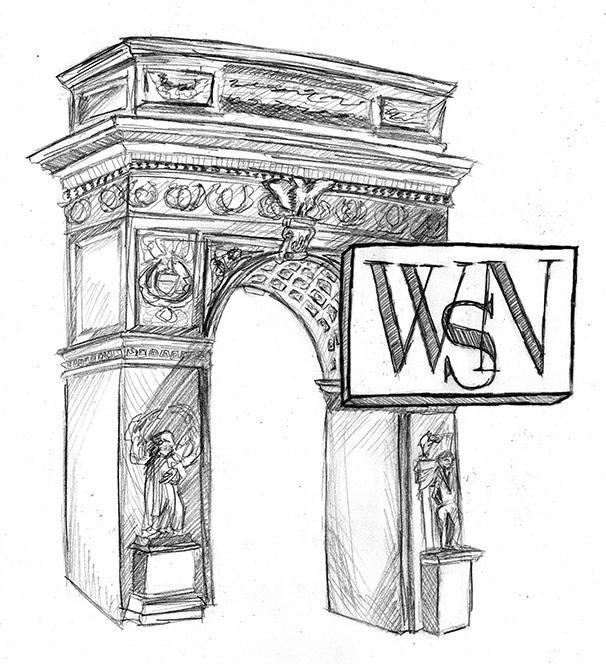Frats Banning Alcohol Won’t Stop Its Abuse
September 10, 2018
As the new semester begins, the North-American Interfraternity Conference has instituted a new ban on hard alcohol, affecting nine of NYU’s Greek life organizations. The conference, a multinational organization representing 66 fraternities, has instituted the ban following negative press regarding recent college deaths involving hazing rituals. While NYU has strict policies against underage drinking and the on-campus distribution of alcohol, this ban will ultimately be ineffective due to its one-year grace period and the wide availability of alcohol in New York City.
The incident which caused this fraternity ban was the hazing death of an underage student as a result of binge drinking at Pennsylvania State University last year. All represented NIC fraternities are to institute policies regarding the ban by Sept. 1, 2019. NYU has existing policies prohibiting alcohol consumption by underage individuals, but alcohol is permitted for those ages 21 or older. If no actual change is instituted by NYU’s nine fraternities affected by the policy, it is likely that no change due to alcohol policy will occur. It’s now or never
for fraternities.
But the ban may not be effective in the NYU community, in part because NYU party culture is rooted in the city’s rampant nightlife. The various Welcome Week parties hosted by New York City clubs are blatant examples. Unmonitored and unaffiliated groups run events at numerous night clubs around Manhattan when most first years are moving in. The events offer entry to anyone 18 or older and provide opportunities for students to consume alcohol off campus, subsequently with a lower chance of facing disciplinary consequences from NYU.
NYU has a long, public history of disciplinary action against Greek life. Several sororities and fraternities, including Alpha Epsilon Pi, Phi Gamma Delta, Pi Kappa Alpha and Omega Phi Beta, have been suspended at NYU due to hazing in the past. Recent studies have also shown Greek life’s close relationship with substance abuse and its heavy influence on undergraduate students on a national level. But the bigger issue at hand is the culture around drinking at college rather than the policies — or lack thereof — which ban it. College campuses are already expected to follow the legal drinking age, yet this is continuously ignored. Students in general are noncompliant with the drinking age at alarming rates due to peer pressure and easy access to substances. What really makes college drinking culture toxic, however, is the dangerous prevalence of binge drinking, a practice which more than 40 percent of college students participate in. This practice can lead to various health and safety risks, including assault and
accidental deaths.
Banning alcohol on campus is not a new idea. Other bans on alcohol have already been implemented in universities before the aforementioned nationwide fraternity ban was announced. How is this policy expected to differ from others — which have not yet been proven to have made significant change in college drinking culture — that have attempted to combat the issue in the past? This policy may be a step in the right direction, but it is unrealistic considering how integral casual drinking is to socialization at NYU and New York City at large.
Opinions expressed on the editorial pages are not necessarily those of WSN, and our publication of opinions is not an endorsement of them.
A version of this appeared in the Monday, Sept. 10 print edition.
Email the WSN Editorial Board at [email protected].























































































































































